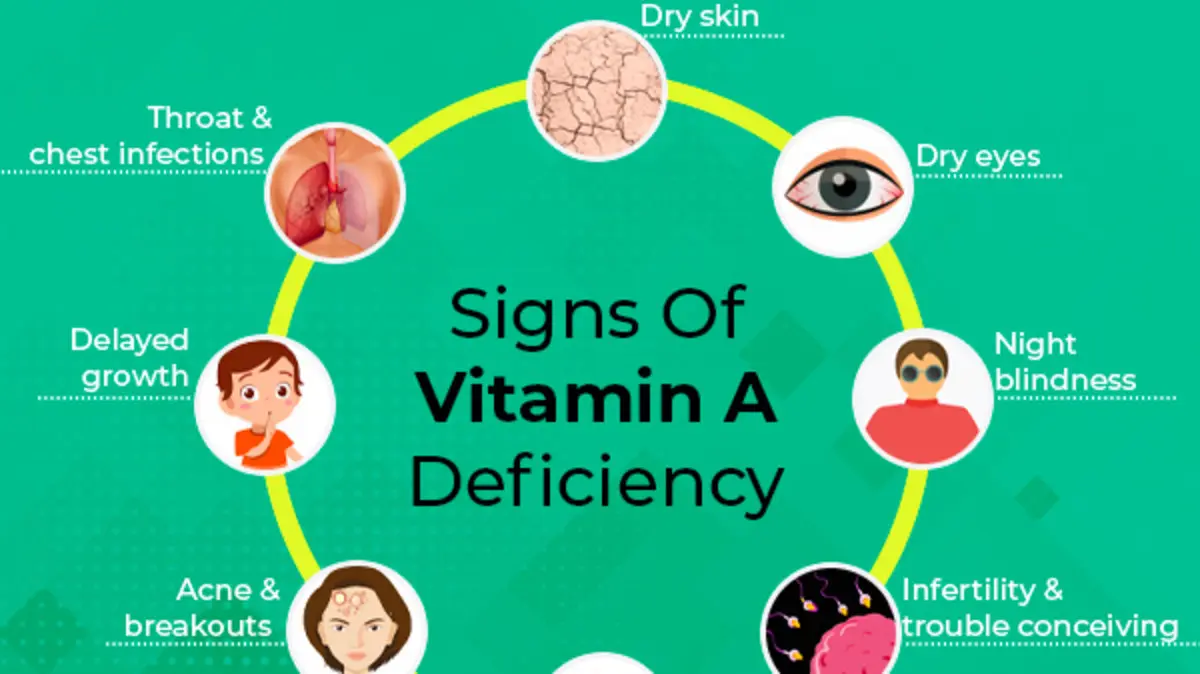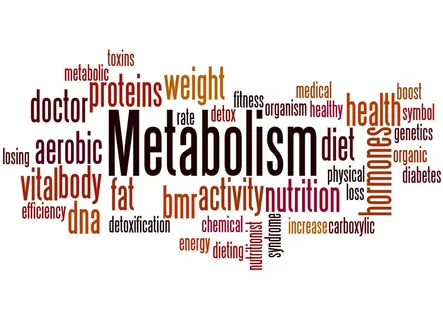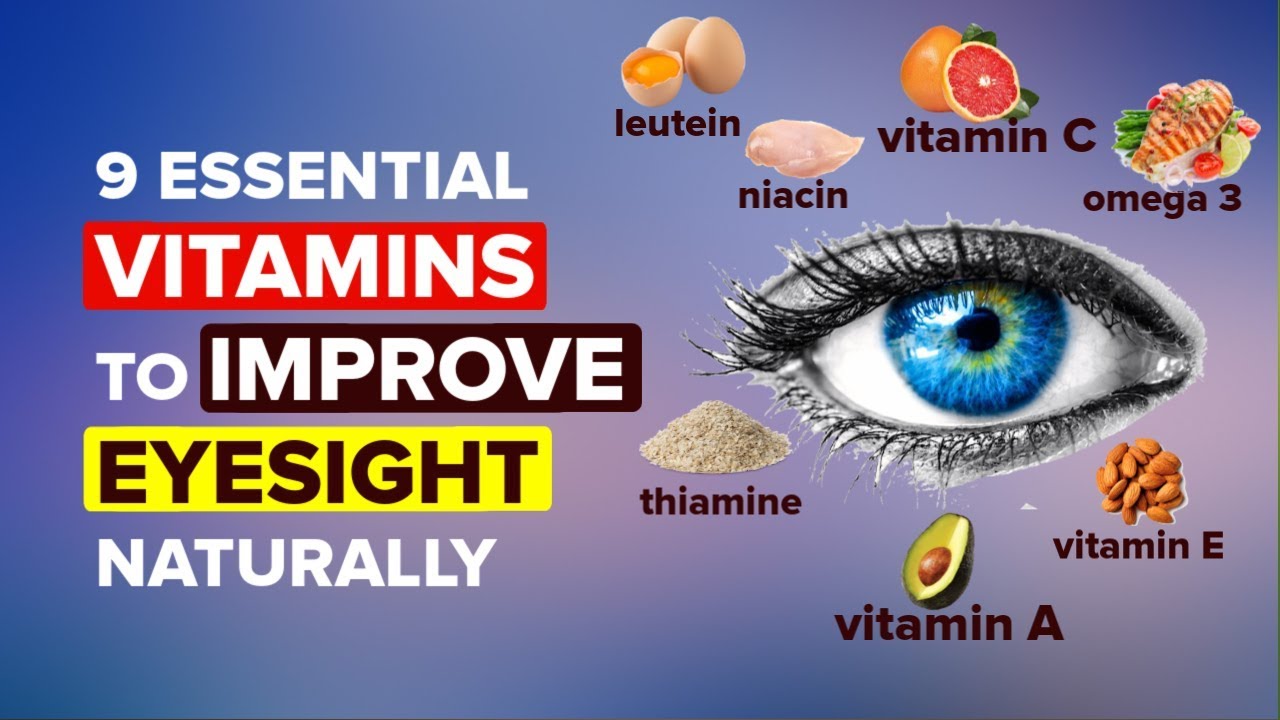Understanding Vitamin A
Vitamin A is not just a single compound but a group of compounds including retinoids (like retinol) and carotenoids like beta-carotene. This nutrient plays a vital role in:
Vision
Vitamin A is critical in maintaining a healthy cornea and is part of the protein rhodopsin, which helps the eye detect light.
Immune function
It is essential for the immune system, helping to fight infections by boosting responses against disease-causing microorganisms.
Cell growth and division
Vitamin A is necessary for the proper growth and maintenance of cells in several parts of the body, including the heart, lungs, and kidneys.
Reproduction
It supports normal reproductive processes in both men and women.
Causes of Vitamin A Deficiency
Vitamin A deficiency can result from inadequate intake, fat malabsorption, or liver disorders. It is more common in areas where food insecurity is prevalent and diets are not varied, lacking in vegetables, fruits, and animal products.
Risk Factors
Certain populations are more at risk of vitamin A deficiency:
Children and pregnant women
in developing countries due to insufficient dietary intake.
Individuals with gastrointestinal disorders
such as Crohn’s disease or celiac disease that affect the absorption of fat-soluble vitamins.
People with alcohol dependence
since alcohol can interfere with vitamin A metabolism.
Signs and Symptoms of Vitamin A Deficiency
Night lindness
One of the earliest signs of vitamin A deficiency is night blindness, known medically as nyctalopia. Vitamin A is a component of rhodopsin, a protein in the eyes that allows us to see in low light conditions. Without enough vitamin A, rhodopsin cannot function properly.
Dry Eyes
Vitamin A is essential for maintaining a clear cornea, which covers the eye. Deficiency can lead to xerophthalmia, a condition that starts as dryness of the conjunctiva and can progress to more severe corneal damage and blindness.
Bitot’s Spots
These are foamy, white accumulations on the conjunctiva caused by severe vitamin A deficiency. They are an advanced warning sign before corneal damage becomes irreversible.
Dry, Rough Skin
Vitamin A is important for skin health because it helps create and repair skin cells. Without adequate vitamin A, the skin can become dry and rough.
Poor Wound Healing
Vitamin A helps the skin rebuild tissues and is essential for healthy cell production. Deficiency can lead to slower healing of wounds.
Acne and Breakouts
While vitamin A is used in treatments for acne (in the form of retinoids), deficiency can actually contribute to breakouts due to the poor maintenance of healthy skin cells.
Throat and Chest Infections
A lack of vitamin A can weaken the immune system, leading to more frequent infections, especially in the throat and chest.
Delayed Growth
In children, vitamin A deficiency can stunt growth by hindering the proper development of the body.
Diagnosis and Treatment
Diagnosing vitamin A deficiency involves a combination of visual tests (to check for night blindness), blood tests to measure levels of retinol, and assessing dietary intake. Treatment typically involves vitamin A supplementation and dietary modification to include sources of vitamin A like dairy products, fish, and dark leafy greens for beta-carotene.
Preventing Vitamin A Deficiency
Prevention is focused on ensuring adequate intake of vitamin A through a balanced diet. Food fortification, supplementation programs in high-risk areas, and education about nutrition can also play crucial roles.
FAQs about Vitamin A Deficiency
How much vitamin A do I need daily?
The recommended dietary allowance (RDA) for vitamin A varies by age, sex, and life stage. Adult men need about 900 micrograms of retinol activity equivalents (RAE) per day, and adult women need 700 micrograms RAE per day.
Can I get too much vitamin A?
Yes, hypervitaminosis A can occur from consuming too much preformed vitamin A (from animal sources) and can lead to toxicity symptoms. It’s important to balance intake and not exceed the recommended upper intake levels.
Are there any plant-based sources of vitamin A?
Plant-based sources of vitamin A are in the form of beta-carotene, which the body converts into vitamin A. Good sources include carrots, sweet potatoes, spinach, and kale.
How do I know if I should take a vitamin A supplement?
You should only take a vitamin A supplement if advised by a healthcare provider. They can assess if you are at risk of deficiency through dietary history and symptoms.
Can vitamin A deficiency affect pregnancy?
Yes, vitamin A deficiency can lead to night blindness in pregnant women and increased risk of maternal mortality. However, pregnant women need to be cautious about not exceeding the recommended upper limits to avoid toxicity.
How quickly can vitamin A deficiency be corrected?
With proper supplementation and dietary changes, symptoms like night blindness can improve within a few days. However, some effects may take longer to reverse.
Is there a best way to take vitamin A for absorption?
Vitamin A absorption is best when taken with fat due to its fat-soluble nature. Meals containing moderate amounts of healthy fats can help improve absorption.
Conclusion
Vitamin A deficiency, while mostly preventable, continues to be a significant health issue, particularly in areas with limited food variety. Recognizing the signs early can prevent severe consequences, including irreversible eye damage and compromised immune function. Balanced diets and appropriate supplementation where needed are key to maintaining adequate vitamin A levels for overall health.
- How To Use CBD Cream For Anxiety Relief And Stress Management - May 22, 2025
- Xela Rederm Skin Booster Treatments Near Brooklands, Surrey - May 22, 2025
- What Makes Vista Edge Vape Stand Out In The Premium Vape Market? - May 21, 2025




